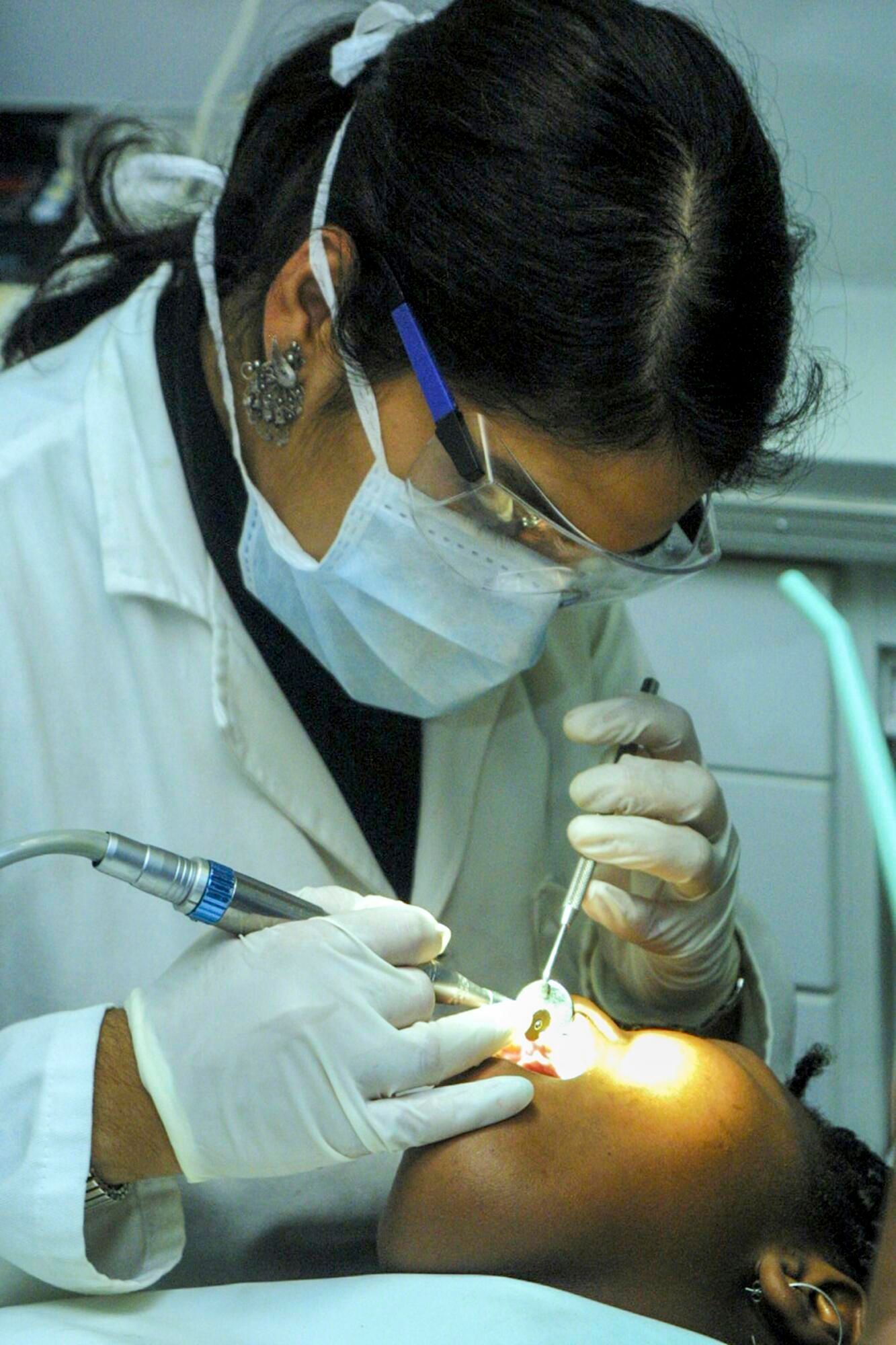There are all types of facial cosmetic procedures that can help you achieve your dream look. Learn about the different options and their respective benefits.
Around 75% of facial cosmetic surgeons say people under-30 want facial cosmetic procedures more than ever before. So, if you are thinking about this kind of improvement, rest assured that you are in no way alone. Though, do you know what is available to you if you wanted to investigate these options?
Below, we reveal several of the most common types of facial cosmetic procedures you can get.
Blepharoplasty
This is a form of eyelid surgery that can improve the look of your eyes by removing excess skin. It often sees use when skin sags in such a way as to block the vision of the patient. People also use it to remove "bags" under the eyes and tighten up the skin in the area to attempt to gain a more youthful look.
This facial surgery can offer a real improvement to people who do a lot of reading or driving. As the skin starts to sag, it can impact people's ability to perform this task. This surgery offers such people a new lease on life and can return abilities to them they may have thought lost.
Botox Injections
This is a procedure that uses a chemical, derived from natural sources, to block muscular signals in an area. By injecting this muscle relaxant, it can start to help prevent wrinkles that might occur due to repeated muscular movement.
People usually get Botox in areas such as:
- Forehead lines
- Crow's feet
- Nose wrinkles
Each of these is a commonly-creased area of the face, and thus botox can help to prevent further lines from forming.
The procedure often takes less than twenty minutes, allowing the person to leave shortly afterward. They do not need to stay in the clinic overnight.
Brow and Forehead Lift
This cosmetic surgery exists to remove wrinkles from the forehead and brow of the patient. If their eyebrows are starting to sag, it can revitalize the area and bring them back in line with an aesthetic from a more youthful era.
Commonly, this procedure occurs alongside blepharoplasty. This is because doing eyelid surgery without lifting eyebrows can make the situation worse, so both should occur at the same time.
Facial Scar Corrections
This procedure uses radiofrequency microneedling to reduce visible scarring. By using a Potenza device, the microneedles heat up and agitate the skin around scars. This can improve blood flow and ensure the area receives more oxygen and nutrients, helping it to heal.
Facial Implants
Cosmetic procedures for your face such as chin, cheek, and jaw implants all take similar steps. They can offer a reshaping of the facial structure in a way that is less invasive than a full restructuring.
If the patient does not like the results, they have the option to reverse them or change their size with a minor medical procedure. This gives patients a large amount of customization and means they do not need to have as much anxiety about results.
Fillers
Fillers are a temporary method of injecting a compound into the face to increase the patient's facial volume. A surgeon can use this compound to improve the plumpness of lips, remove creases from the skin, and even reduce the prominence of scarring.
As the procedure is temporary, it also means people can choose when they wish to make the best use of the treatment.
Microneedling
This procedure uses radiofrequency bursts to treat many issues in the face. Practitioners may use it to improve a patient's skin texture, reduce cellulite, or for many other purposes.
By adjusting the angle and frequency of the RF waves, the practitioners can customize the treatment for the specific patient. As such, the procedure can target the problem you have and can overcome any issues your skin type may offer.
The treatment is also FDA-approved, meaning it is safe for anyone to undertake, so there is no downside to investigating it at this time.
Otoplasty
When people have large ears, they are often very self-conscious about them. Otoplasty is a surgical procedure that alters the ears' structure to move them to a less prominent area.
As the treatment only takes around one week to resolve and recover from, it does not even impact a patient's quality of life much. As such there is nothing to lose in investigating your options.
Rhytidectomy
This is the classic surgery often described as a "facelift". It involves repositioning the skin and fat of the patient's face to remove or reduce as many of the natural lines and wrinkles they may have.
While this is one of the most invasive procedures on offer, it has the most drastic effects and also the longest-lasting results.
Tempsure Envi
Much like microneedling, this procedure uses RF frequencies to attempt to increase the tightness of the skin on the face. A practitioner may also use the same equipment on other areas of the body for similar results.
Tempsure Firm
This treatment uses RF to try to reduce the appearance of cellulite in the body. By heating the skin with RF energy, it can start to improve circulation. Due to this increased blood flow to an area, it offers the potential to increase the skin's natural elasticity and reduce wrinkles.
Tempsure Surgical
As well as utilizing the same RF energy used in other procedures, this option offers a higher level of surgical precision. It involves a combination of Tempsure treatment and other procedures. So, if you are planning on receiving blepharoplasty, consider this option to give the best chance of high-quality results.
Experts in Facial Cosmetic Procedures
With all the above information, you should be able to answer the question, "What are facial cosmetic procedures that would work for me?". Still, there is so much more to each option, and you will need to discuss each one with a surgeon before you think about booking a surgery date.
If you choose our clinic, our face reconstruction specialists can talk to you about how you can plan for your upcoming procedure. They can also advise you on the best choice for your specific face shape and needs. So if you need an oral surgeon in Lutz, FL,
give us a call
and find out more about how we can help you get the aesthetic of your dreams today.




